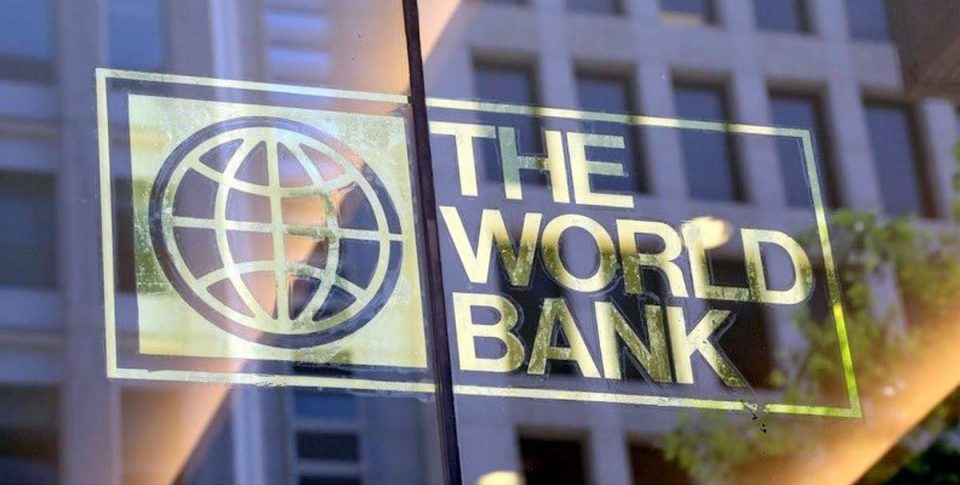Following the ravaging effect of the coronavirus pandemic, economies in sub-saharan Africa stand the risk of losing between $37 billion and $79 billion in 2020.
In the latest World Bank report, the region could face a severe food crisis, with agricultural production expected to contract by between 2.6 per cent and 7 per cent. To this end, the World Bank Group and the International Monetary Fund (IMF) have called for a “bilateral debt standstill” , a development, it noted, should be an important part of the global response to soften the impact of COVID-19 on Africa’s poor.
The report states: “The COVID-19 outbreak has set off the first recession in the sub-Saharan Africa region in 25 years, with growth forecast between -2.1 and -5.1 per cent in 2020 from a modest 2.4 per cent in 2019, according to the latest Africa’s Pulse, the World Bank’s bi-annual analysis of the state of the region’s economies.
“Due to deteriorating fiscal positions and increased public debt, governments in the region do not have much room for wiggle in deploying fiscal policy to address the COVID-19 crisis.
“Africa alone will not be able to contain the disease and its impacts on its own; there is urgent need for temporary official bilateral debt relief to help combat the pandemic while preserving macroeconomic stability in the region.”
The region paid $35.8 billion in total debt service in 2018, 2.1 per cent of regional gross domestic product (GDP), of which $9.4 billion was paid to official bilateral creditors (about 0.7 per cent of the regional GDP).
Given that the region may need an emergency economic stimulus of $100 billion—including an estimated $44 billion waiver for interest payments in 2020—the report noted that a debt moratorium would immediately inject liquidity and enlarge the fiscal space of African governments.
The report estimated that the pandemic could cost the region between $37 billion and $79 billion in terms of output losses for 2020.
“The impact on household welfare is expected to be equally dramatic with welfare losses in the optimistic scenario projected to reach 7 per cent in 2020, compared to a non-pandemic scenario.
Additionally, COVID-19 has the potential to create a severe food security crisis in the region, with agricultural production contracting between 2.6 per cent and 7 per cent in the scenario with trade blockages. Food imports would decline substantially (as much as 25 per cent or as little as 13 per cent) due to a combination of higher transaction costs and reduced domestic demand




